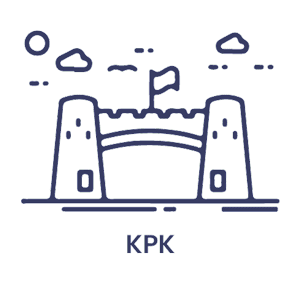The attributes of the TMS learner define the type of learner that TMS hopes will emerge by studying in our schools, a learner who continues to learn well after leaving school. The TMS learner attributes form the common ground on which all TMS schools stand, and contains the essence of what they are about.
The aims of this policy are to:
- Promote the education of the whole person, emphasising intellectual, personal, emotional and social growth through all domains of knowledge.
- Focus attention on the dynamic combination of knowledge, skills, independent critical thinking and creative thought as underlying principles of educating the whole person
- Place the TMS learner attributes at the centre of all we do in our schools
- Describe a map of a learning journey for all TMS students, focusing attention on the processes and the outcomes of learning
- To provide a clear and explicit statement of what is expected of students as outcomes of learning






